Note: This piece contains spoilers for The Equalizer 3 and John Wick: Chapter 4.
Perhaps what is most surprising about The Equalizer 3, beyond the fact it’s not called The 3qualizer, is the complete lack of stakes.
Of course, the Equalizer film franchise is a “geriaction” series built around Denzel Washington, one of the most beloved movie stars in the world. Watching The Equalizer or The Equalizer 2, there was never any real sense that Robert McCall (Washington) was ever seriously threatened by Nicolai Itchenko (Marton Csokas) or Dave York (Pedro Pascal). The heroes in these sorts of movies tend to be bullet-proof, unstoppable killing machines marching inexorably towards the final act.
Still, The Equalizer 3 has been sold as “the final chapter” and director Antoine Fuqua has mused on digitally de-ageing Denzel for a prequel. These marketing cues suggest some sense of peril for the title character. After all, it’s customary for these sorts of wandering hero narratives to end in death, like John Wick: Chapter 4 did earlier this year. These characters are often treated as walking manifestations of death. So there is only one way for these stories to resolve themselves.
The Equalizer 3 opens by foregrounding this possibility. McCall conducts a raid on the compound of a local cyber criminal and money launderer (Bruno Bilotta). As he is leaving, he is shot in the back by the owner’s grandson (Adriano Sabrie). Scaring the kid away, McCall falls to the ground. He places his own gun to his head and pulls the trigger. It’s empty. McCall soldiers on, finding his way into the care of a kindly doctor named Enzo (Remo Girone).
The rest of the plot is strictly formula. Enzo’s idyllic community exists under the thumb of the Camorra, the local crime syndicate led by Vincent Quaranta (Andrea Scarduzio) and his brother Marco (Andrea Dodero). Like a lot of these modern exploitation thrillers, The Equalizer 3 filters its paranoia about the world outside America through the lens of the War on Terror. Vincent is funding his plans to gentrify the community by importing “jihad drugs” from Syria.
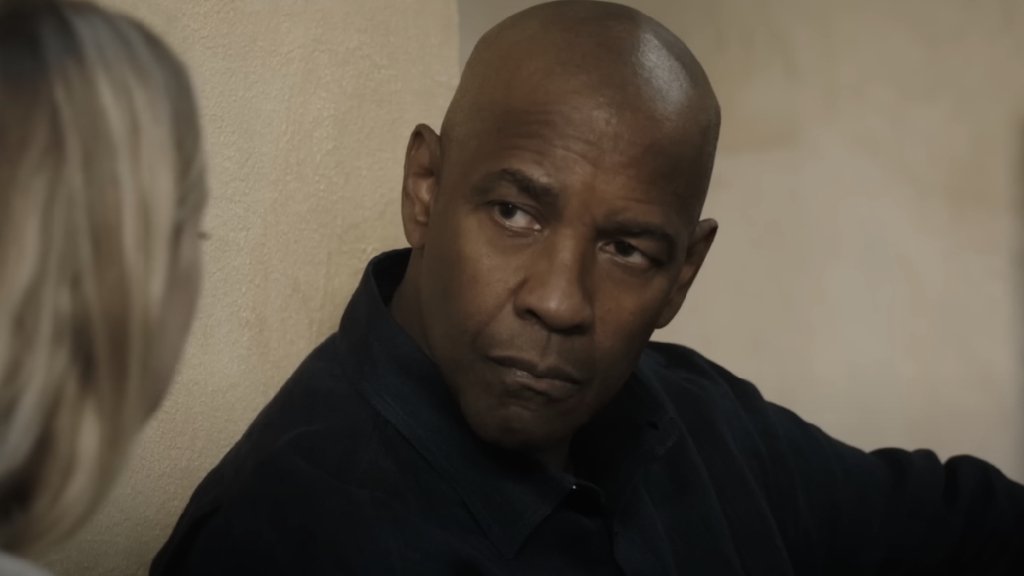
This is all drawn in the broadest possible detail. At one point, it is revealed that terrorists used Vincent’s money to blow up a train station. However, the movie breezes past this plot point outside of a few snippets of news coverage. It simply allows The Equalizer 3 to demonstrate that Vincent is a terrible person. Vincent is not just a gangster, he is a partner to terrorists. None of these terrorists appear in the film itself. The Equalizer 3 has a remarkably narrow focus.
Like the Taken franchise, the Equalizer films feel like proper throwbacks to the grungy exploitation thrillers of the 1970s. These were movies starring veteran performers from the previous generation: Hardcore starring George C. Scott, Strange Shadows in an Empty Room starring Stuart Whitman, Death Wish starring Charles Bronson. The first film in the series finds McCall dismantling the Russian mob in Boston in retaliation for the brutal assault of a young sex worker, Alina (Chloë Grace Moretz).
The Equalizer 3 retains that trademark sadism. McCall plunges a gun into a henchman’s eye socket and then shoots his next target through that henchman’s skull. As the survivor crawls away, McCall shoots him in the ass with a shotgun, what feels like an unnecessary flourish given that he follows up with a kill shot. The movie’s climax finds McCall piercing a fire stoker through the throat of an anonymous goon and overdosing Vincent on his own drugs without breaking a sweat. In film’s closing scenes, he joins the crowds cheering the local soccer team.
There is an undeniably lurid quality to all of this. At one point, Marco intimidates local police officer Gio Bonucci (Eugenio Mastrandrea) in his own home. It is early afternoon, with Gio alerted to the problem when collecting his daughter (Dea Lanzaro) from school. When he gets home, he discovers his wife (Manuela Tasciotti) trapped in the bedroom. She is in a state of undress, wearing a shirt but no skirt or trousers. This choice layers the sequence with an unarticulated threat of sexual violence.
However, despite this sensationalist grindhouse quality, The Equalizer 3 is a surprisingly sedate action movie. Allowing for the opening and closing set pieces, long stretches of the film pass without any real action. Even those action set pieces feel oddly anticlimactic. In the opening sequence, the audience arrives at the estate after McCall has murdered his way through the security staff. At the climax, there is never any real sense that Vincent is a credible threat to McCall.
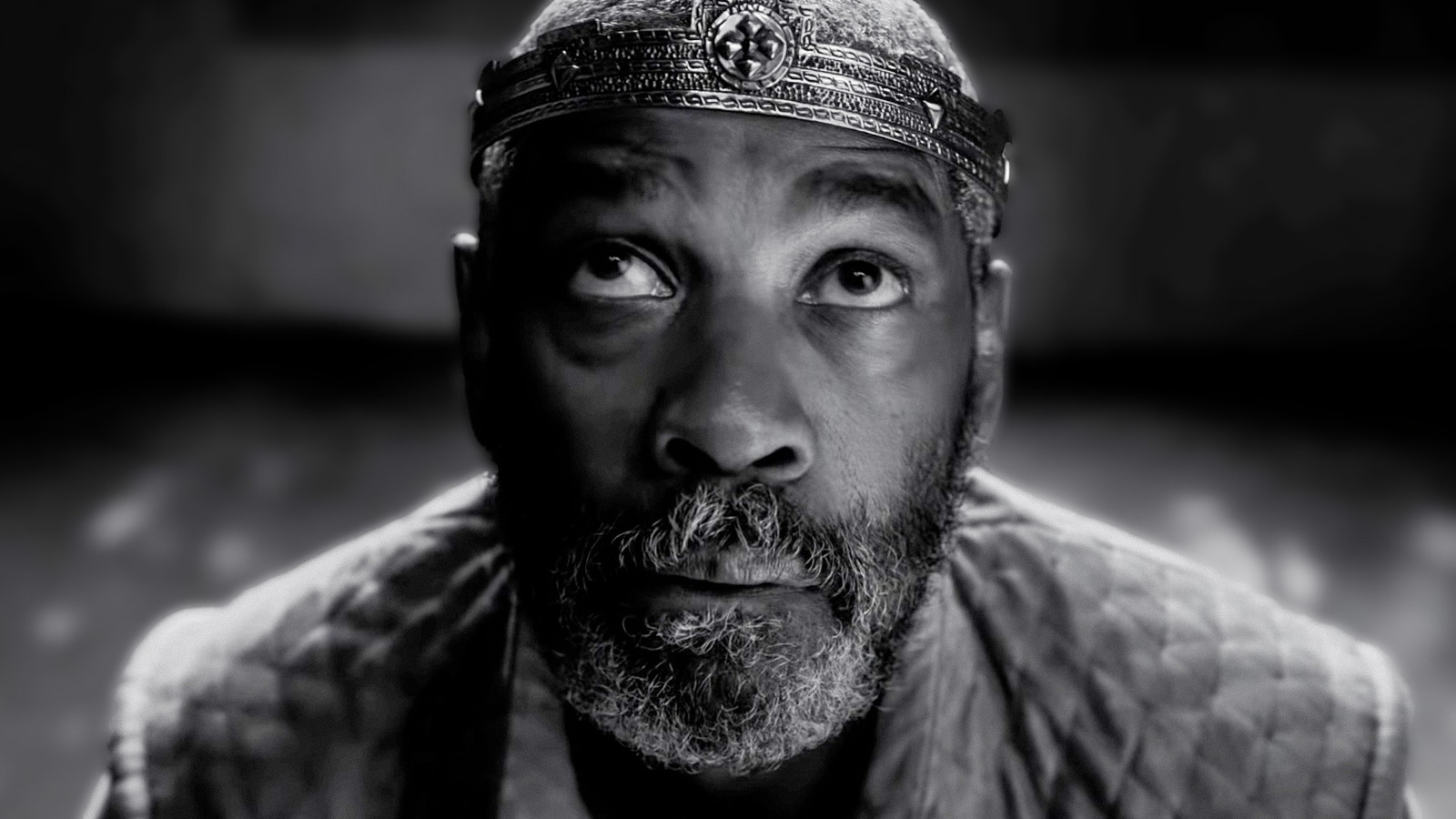
Most of the film’s long middle stretch instead focuses on McCall integrating himself into the local community. He sits in a lot of cafes, drinks a lot of coffee, and haggles with a lot of local shopkeepers. He strikes up a mutually beneficial relationship with CIA operative Emma Collins (Dakota Fanning), complaining that she’s doing a bad job of posing as a tourist. It’s a surprisingly gentle ambiance for a movie that also features McCall firing a pistol through another man’s head.
Then again, this gets at the sense in which the Equalizer franchise is undeniably tailored around its star. Denzel Washington is a famously beloved and respected movie star. He holds a high Q (“qualitative”) rating among moviegoers. Checking in on the rankings from 2002 to 2022, Washington’s name is frequently cited as one trusted and admired among celebrities. Most movie stars are inherently charismatic, but Washington exists in a league of his own.
In January 2016, Tom Hanks was announcing Washington as the latest winner of the Cecille B. DeMille Award at the Golden Globes. Hanks, a true icon of cinema, talked about generational talents. “It’s odd how many of these immortals of the silver screen – of the firmament – need only one name to conjure the gestalt of their great artistry,” he explained. He rhymed off Garbo, Hepburn, Stanwyck, Loren, Bogart, Cagney, Gable, Brando, Clift, Poitier, Hoffman, DeNiro and Pacino.
Hanks circled around to that year’s recipient. “A single name can define an artist who is a peer and equal of all of the greatest legends of our craft,” he continued. “And if Washington doesn’t ring out loud enough, then let the first name carry all the weight. And that name is Denzel.” It was a remarkable speech, worthy of its subject. However, Hanks zeroed in on something profound. Washington clearly belongs among that list, but he’s also the only one that audiences call by his first name.
Despite his immense likability, Washington has a tendency to play characters that should alienate viewers. He won his second Oscar for Training Day, playing monstrous corrupt police officer Alonzo Harris. Contemporary reviews praised Washington’s “against-type” performance, but the truth is that Washington’s characters often occupy a more ambiguous space than his screen presence suggests. McCall, the kindly old unstoppable killing machine, is one of these characters.
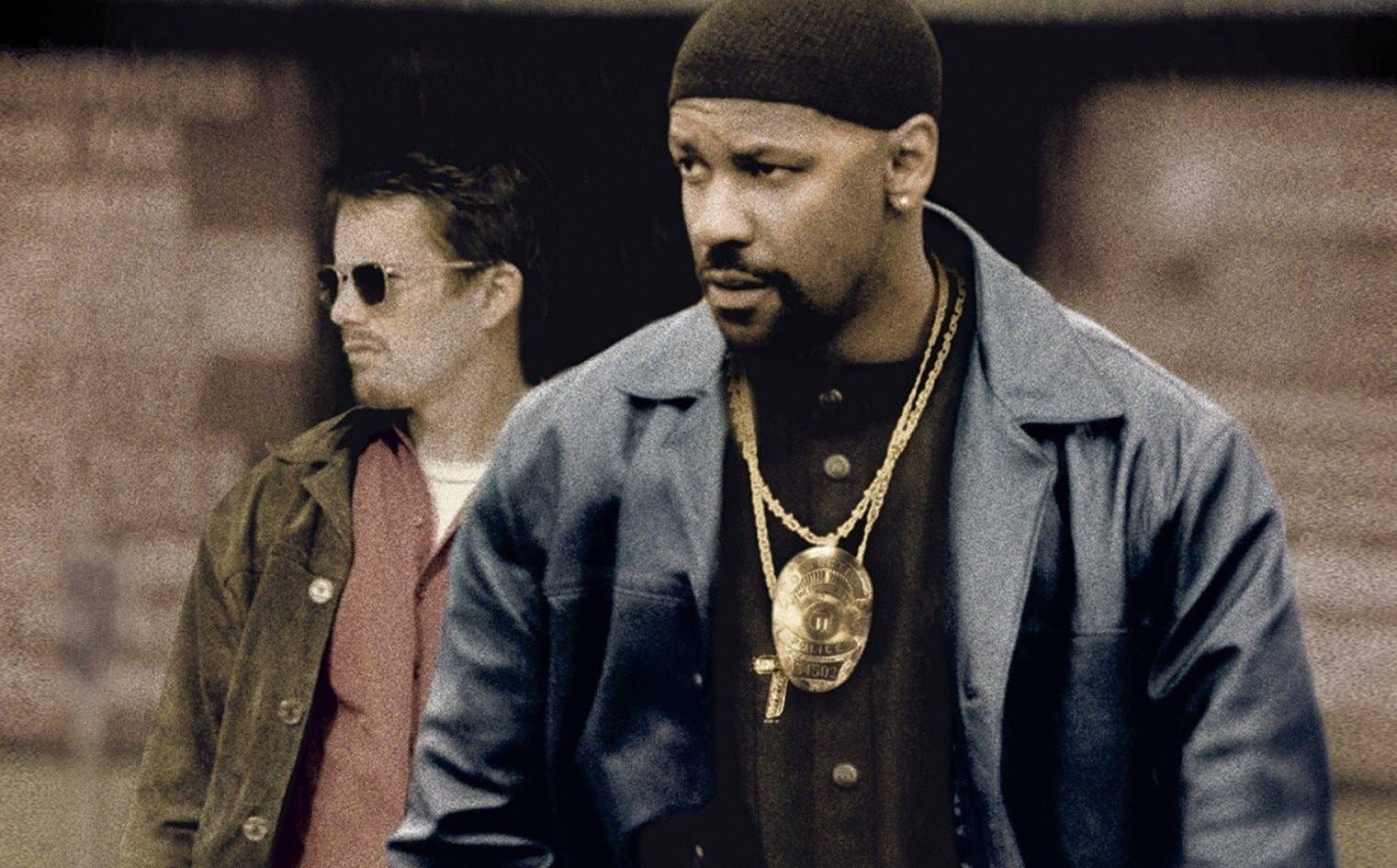
These choices predate Training Day. In Philadelphia, Washington played a homophobic lawyer. In He Got Game, Washington played a man convicted of murdering his wife hoping to exploit his son’s fame as a way out of prison. This trend continued past Training Day. In Man on Fire, Washington was cast as an unstoppable killing machine; in American Gangster, Washington took on the role of Frank Lucas, the Harlem drug kingpin; in Safe House, he played international criminal Tobin Frost.
Washington is an old-fashioned movie-star. He has only made two sequels: The Equalizer 2 and The Equalizer 3. Rather than franchises, Washington’s stardom was often built around collaborations with directors that he trusts. He made Philadelphia and The Manchurian Candidate with Jonathan Demme. He worked with Norman Jewison on A Soldier’s Story and The Hurricane. Carl Franklin directed him in Devil in a Blue Dress and Out of Time.
However, Washington has enjoyed his most enduring collaborations with three directors. He worked on Mo’ Better Blues, Malcolm X, He Got Game and Inside Man with Spike Lee. However, he arguably proved his blockbuster bona fides with Tony Scott, making Crimson Tide and Man on Fire together. Washington starred in Scott’s final three films: Déjà vu, The Taking of Pelham 123 and Man on Fire. Washington and Scott are honestly one of the great unsung actor and director pairings.
Tony Scott was a “vulgar auteur”, the kind of filmmaker who had a knack for making the trashiest material seem strangely beautiful. He produced B-movies to an A-standard. Washington was a perfect fit, an A-list movie star who was willing to get scruffy but could do it without alienating the audience. It was a match made in heaven, two talents unafraid of the taint of exploitation cinema, producing work at the highest possible quality.
Much of Washington’s filmography in the wake of Scott’s death seems built around the search for a worthy successor. It’s easy to imagine (superior) versions of Safe House, 2 Guns or The Little Things directed by Scott. That ties into the third of Washington’s most reliable collaborators: Antoine Fuqua. Although Fuqua directed Washington to that Oscar for Training Day, he is undeniably a less distinguished filmmaker than either Lee or Scott. The pair’s subsequent collaborations came after Scott passed.
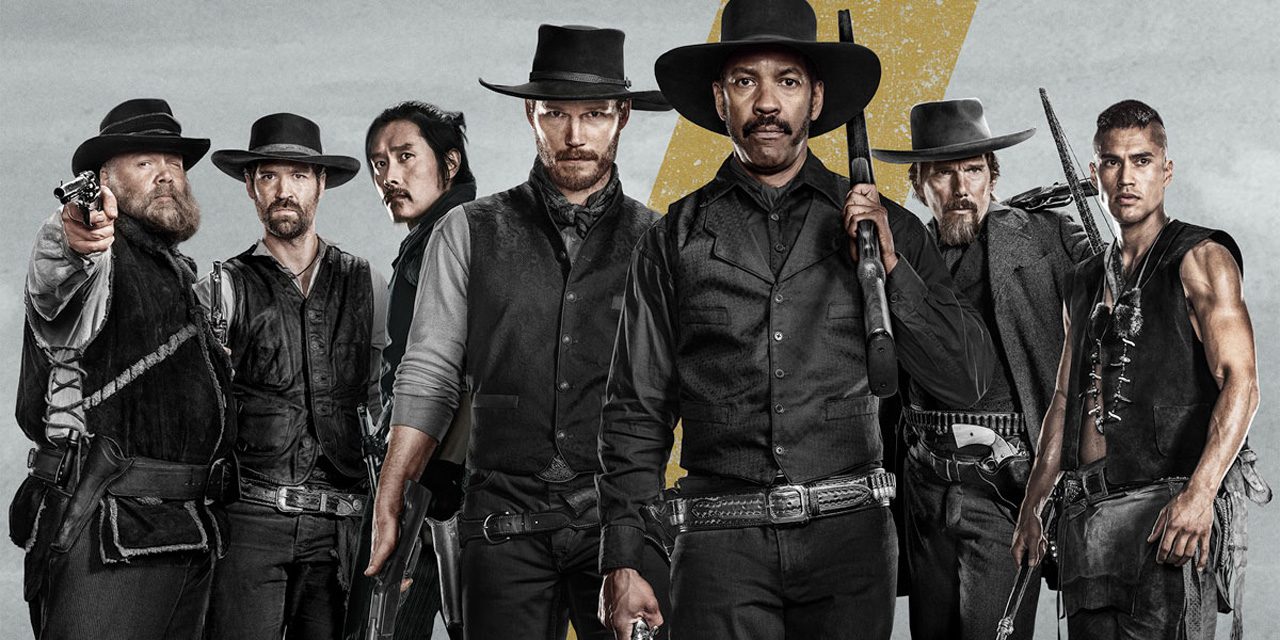
Washington starred in Fuqua’s Magnificent Seven remake and his Equalizer trilogy. These situate Washington at the extremes of his career; The Magnificent Seven is a remake of a classic of cinema history while The Equalizer is an adaptation of a 1980s television show that aired opposite Washington’s star-making role on St. Elsewhere. Of course, The Equalizer doesn’t really have much to do with the classic Edward Woodward series, to the point that the property could be revived as an entirely unrelated and more faithful CBS adaptation starring Queen Latifah.
Fuqua’s Equalizer trilogy feels very much built outwards from Scott and Washington’s work on Man on Fire. Once again, Washington plays a retired CIA operative who is driven to do terrible things to terrible people in response to violence visited on an innocent young blonde girl. Even the casting of Fanning in The Equalizer 3, Washington’s co-star in Man on Fire, alludes to this. Unfortunately, the Equalizer trilogy lacks the vulgar artistry of Man on Fire’s sleazy exploitation sensibility.
Still, the closest thing that The Equalizer 3 has to a magic trick is built around that same fundamental juxtaposition. The movie opens with a bloody crime scene, bodies hacked and slashed like the victims in some sleazy horror film. This initially seems like the crime that McCall might to avenge, but he is revealed as the perpetrator. Later, McCall has nightmares of these killings in the first person, building to a shot of his reflection in a fractured mirror.
In both cases, The Equalizer 3 leans into the incongruity of casting beloved movie star Denzel Washington as a ruthless and remorseless killer even three films into this franchise. It also draws attention to the absurdity of the film’s extended travelogue. As McCall embraces life in Italy during the movie’s long second act, trying on snazzy hats and flirting with local wait staff, it’s like watching a version of The Trip starring Michael Myers or Jason Vorhees.
It’s bizarre. However, it’s also a testament to Washington’s charisma that, against all odds, these sequences remain strangely watchable. The Equalizer 3 is a grimy exploitation thriller flavored with War on Terror paranoia, but it’s also a weirdly sincere middle-aged travelogue. As tends to be the way, Washington is much stronger than the material. Like the two films before it, The Equalizer 3 never really coheres, but that it comes anywhere close is entirely down to Denzel.

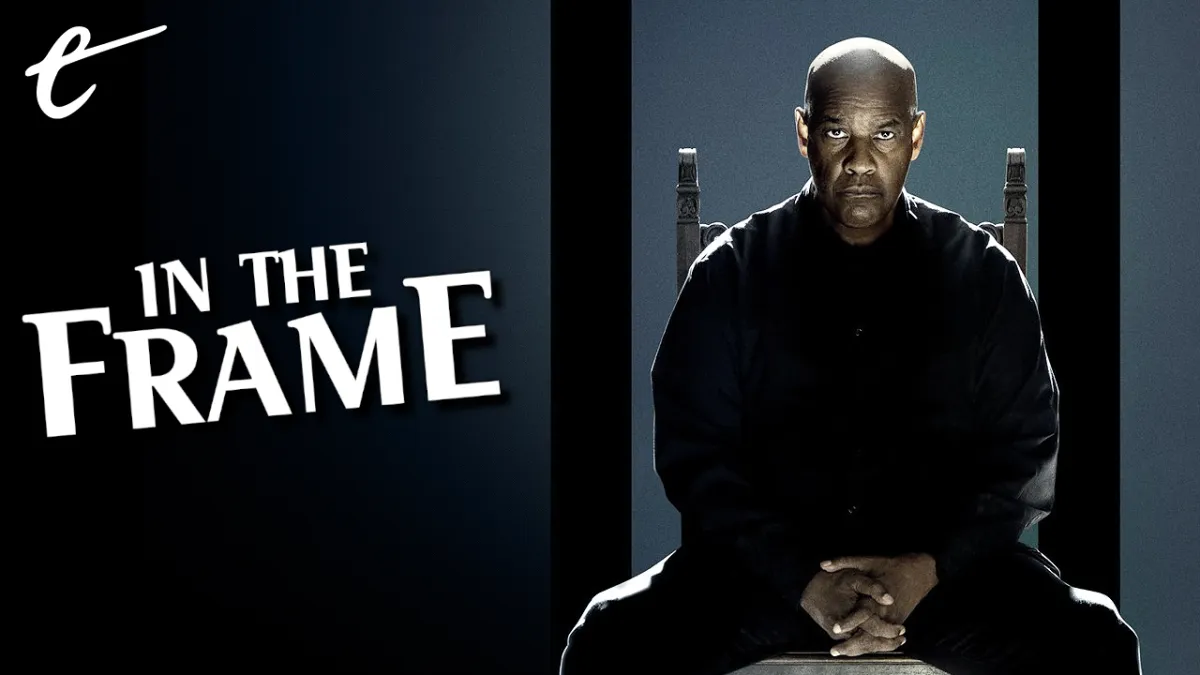
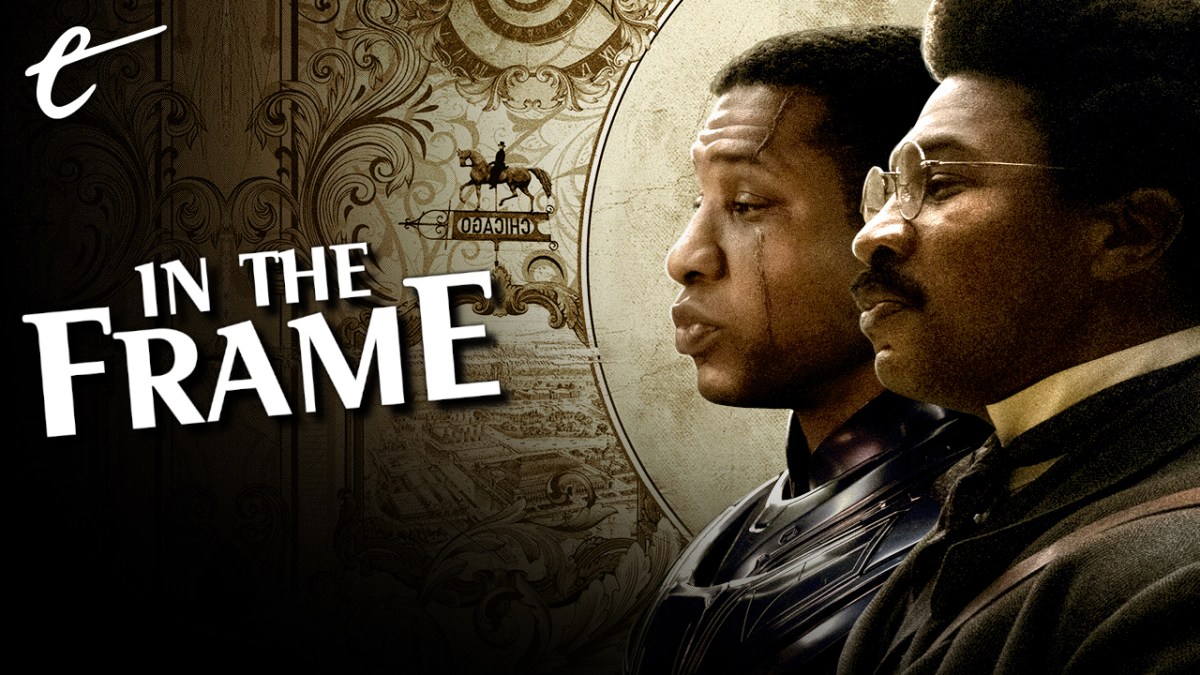

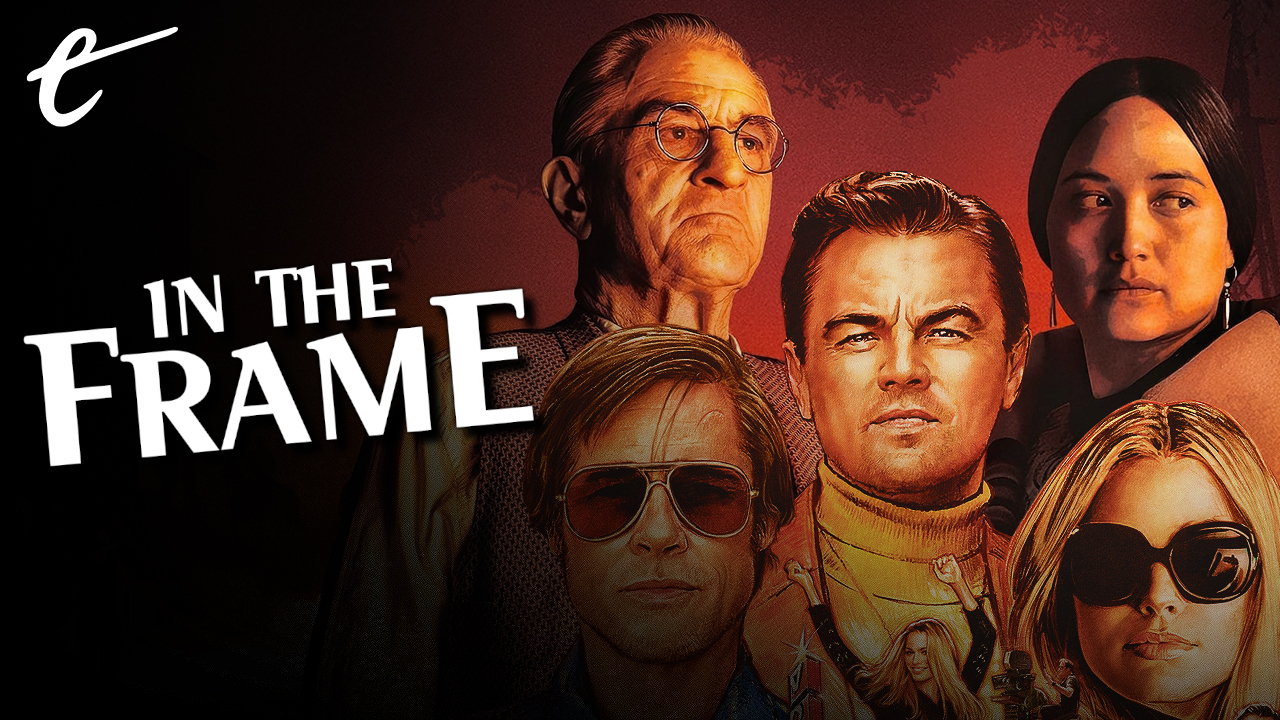

Published: Sep 1, 2023 11:00 am